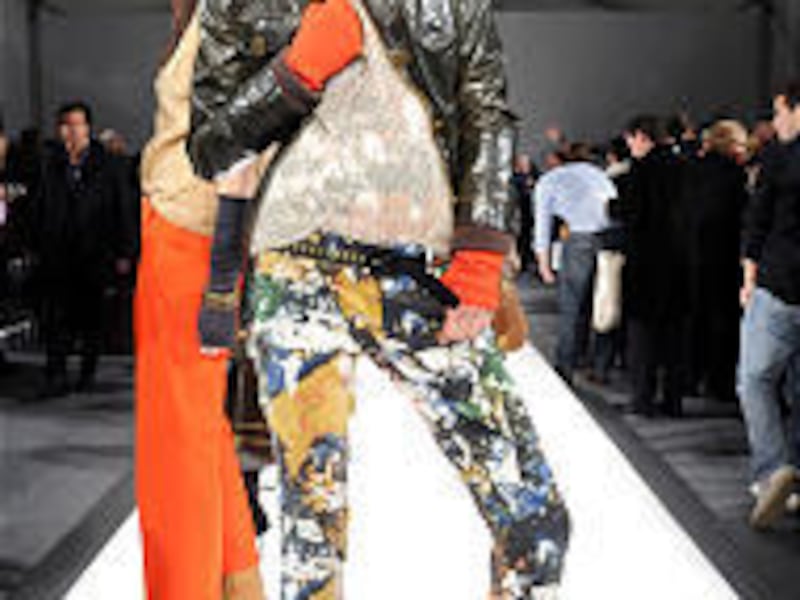MAO: THE UNKNOWN STORY, by Jung Chang and Jon Halliday, Knopf, 814 pages, $35.
The overwhelming domination of millions of modern Chinese by Mao Tse Tung has never been given proper historical treatment. Until now.
"Mao: The Unknown Story," a biography by scholars who know both Chinese and Russian, is a welcome addition to modern scholarship.
The erudite authors tell of Mao's rush to power by climbing over Chiang Kai Shek, his causing the 1961 death of 38 million people in the greatest famine in history, his ready access to Russia's Joseph Stalin (his model in most respects), the intimate connection between Chinese and Russian communism, Mao's dominating personality and lack of respect for nearly all people, the Cultural Revolution that degraded, intimidated and tortured virtually every class of society and his unrelenting desire to control the entire world.
The argument presented here, and the mass of materials uncovered from archives around the world, leave a convincing case that Mao at least deserves equal billing with Stalin and Adolf Hitler for his tyrannical leadership and for his murderous behavior toward his own people.
Chang and Halliday also paint a detailed portrait of Mao the man — someone who had no sense of idealism at all and no ability to exercise love and respect for other human beings, least of all his family.
He had several wives and children and freely abandoned them all. He claimed his second wife was "the love of his life," but he abandoned her and their three children — and later when her life was in danger and he could have saved her, he did nothing. Mao was also a known, consistent womanizer.
He considered his most infamous wife, his last — known as "Madame Mao" — to be "full of venom," and he used her to accomplish his dirty work. He compared her to a scorpion. Indeed toward the end of his life, he feared a coup from her. And when he died in his bed in 1976, Madame Mao and the so-called "Gang of Four," who allegedly conspired with her, were imprisoned by Chinese authorities.
Although Mao himself was always a voracious reader, he hypocritically attacked reading with communist party members. At a public gathering in 1962, he attacked novels, adding, "The more books you read, the more stupid you become."
Later, he said, "You can read a little, but reading too much ruins you, really ruins you."
Similarly, he attacked opera, even though he personally loved it and had a collection of more than 2,000 cassettes and records. By 1963, he was criticizing all art forms — opera, theater, folk arts, music, fine arts, dance, cinema, poetry and literature — because they were "very murky" and should be considered as "poisonous weeds."
As for singers, poets, playwrights and writers, "Drive the whole lot of them to the villages. No food for those who don't go."
When Mao began his purging in 1965 (the Cultural Revolution) he began with peasants, then he attacked intellectuals, and finally the inner circle of his own advisers. People from all walks of life were systematically intimidated, tortured and removed from their homes. Mao carefully orchestrated the whole thing without feeling, understanding fully that he was disrupting and emasculating the entire country.
The book is the product of prodigious research, but the writing is only serviceable. There is a great deal of unnecessary repetition. A good editor could have cut the manuscript in half and still retained the most important materials and conclusions.
This is not the definitive book on Mao — but it is an impressive collection of materials that convinces the reader of the realities of Mao's reign of evil.
E-mail: dennis@desnews.com

